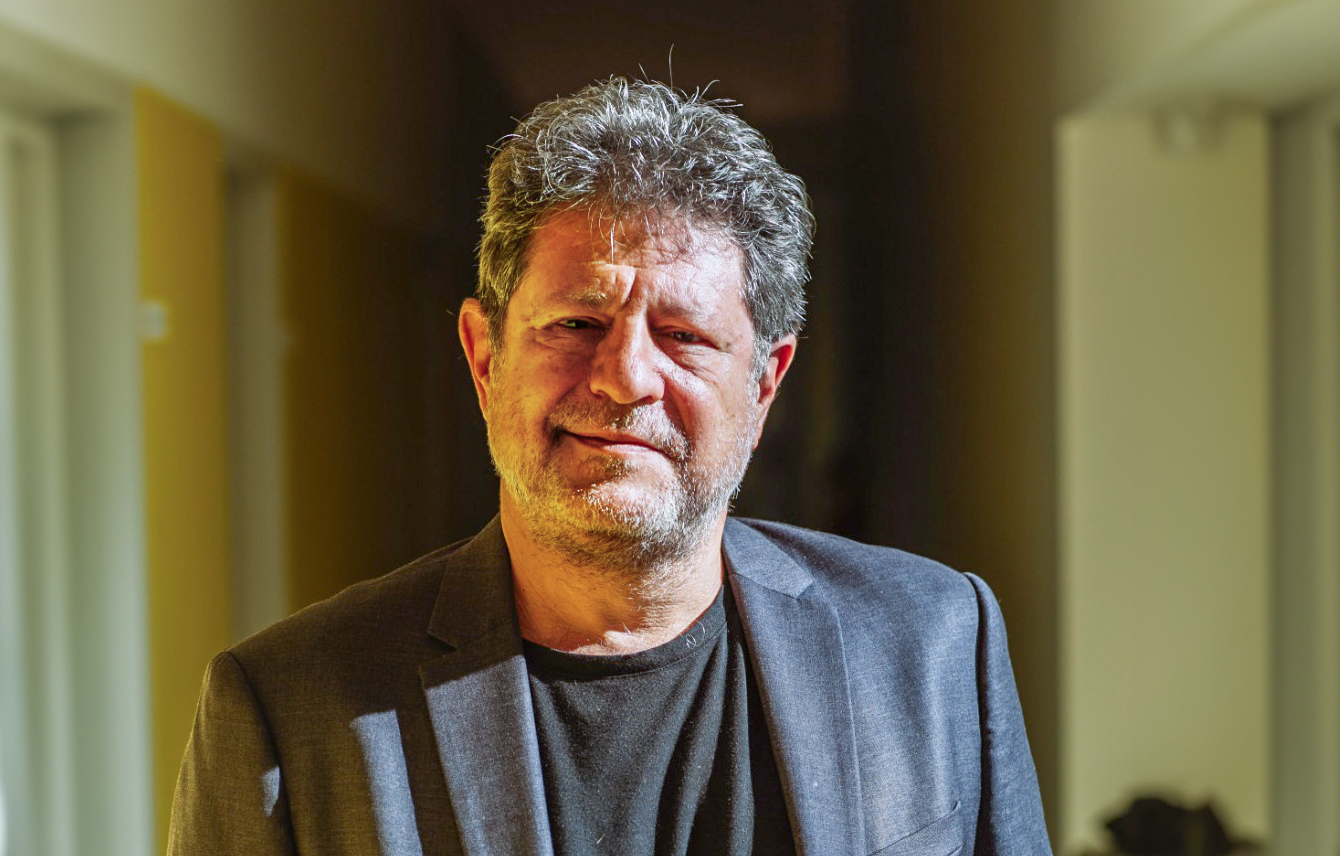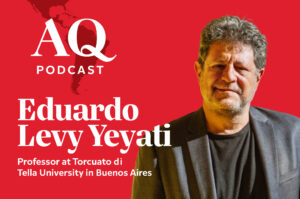This article is adapted from AQ’s special report on food security in Latin America
AQ: Why are you advocating for a centrist revival in Latin America?
ELY: The center is where people on the right and left gather to discuss policies that have some resilience amid changes in government. We know we are missing that space.
We see a lot of negative identification. In Argentina, in particular, people vote against the Other. People say, “It’s not that I really like (President Javier) Milei, but I’d never vote for (Sergio) Massa,” and vice versa. That means you are not contributing to a debate in favor of any measure. Instead, you are essentially trying to undo something that you think is wrong.
That destructive dialectic is, in part, why the performance of our countries has been so disappointing. The challenge is to have people come back closer to a center where they can negotiate policies that have more than four or six years of staying power.
AQ: Why is that staying power so important?
ELY: The lack of these resilient policies creates one of the greatest disincentives for growth in Argentina, but also in Latin America in general. If you know the rules of the game will be changing soon, it is very hard for the private sector to make long-term plans and investments. Moreover, as the center is displaced by antagonizing extremes, democracies continuously weaken and may eventually become illiberal, or even authoritarian.
Decade after decade, we talk about the middle-income trap that we cannot get out of. We must find a way out while also remaining democratic. And we can only do that through the center, or something like the center, a space of majoritarian convergence.
AQ: How can centrists compete with the energy that often accompanies more ideological figures?
ELY: The center used to be reformist, that is, constructively disruptive, but now so many centrists have given up on reform and novelty and change that, to the average voter, they look like they don’t want to go anywhere, or like they are burnt out or resigned to the status quo. Meanwhile, this old guard is crowding out the emergence of new faces.
We are seeing a rapid generational change among voters, which is just how politics evolves naturally, and politics needs to embrace this. But we don’t see the same renewal in the political menu. For the center to recover its political clout, it is essential to have new—or renewed—politicians that connect with the novel demands of younger voters.
—
Levy Yeyati is a professor at the School of Government at Torcuato di Tella University in Buenos Aires. He was a chief economist at the Central Bank of Argentina and is a member of AQ’s editorial board.
This interview has been edited for clarity and length.










